detail profile brindley sherratt
Peran Yang Di Mainkan Brindley Sherratt
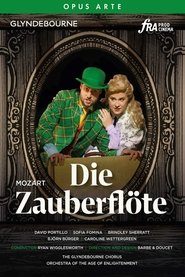 One of Mozarts most enchanting works...
One of Mozarts most enchanting works...The Magic Flute from Glyndebourne 2019
One of Mozarts most enchanting works, Die Zauberflöte is a fairy tale that uses familiar archetypes to ask provocative and difficult questions about religion, the nature of power, the bonds of family, and of course love. Premiered just months before Mozarts death, Die Zauberflöte in many ways represents a new departure for the composer. Catching the spirit of revolution in the air, Mozart turned his attention for the first time from court opera to popular opera, writing this singspiel (sung-play) for a new and much broader audience. Celebrated Canadian directing duo Barbe & Doucet make both their British and Glyndebourne debuts here with their new Die Zauberflöte, a veritable theatrical feast of eccentricity. (The Guardian). Ryan Wigglesworth conducts an outstanding cast including Russian soprano Sofia Fomina as Pamina, David Portillo as her beloved Tamino, Brindley Sherratt as Sarastro, and the ebullient Björn Bürger as Papageno.
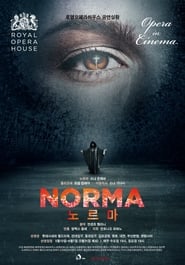 The priestess Norma loves Pollione leader...
The priestess Norma loves Pollione leader...Norma: Live from the Royal Opera House 2016
The priestess Norma loves Pollione, leader of the occupying force suppressing her people, and has borne two children by him. But Pollione’s love has withered, and he now loves Norma’s fellow priestess Adalgisa. Meanwhile, the people urgently look to Norma to lead their rebellion.
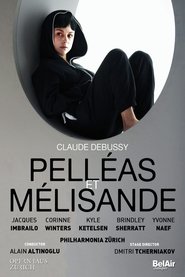 In this strikingly modern 2016 production from...
In this strikingly modern 2016 production from...Pelléas et Mélisande 2016
In this strikingly modern 2016 production from the Zurich Opera House, Tcherniakov transposes the opera’s intrigue from forest and castle to living room and psychiatric office. The love story of the original work remains riveting, but Tcherniakov brings an unexpected psychological element to his mise en scène, with Prince Golaud as a psychiatrist and Mélisande as a young woman suffering from PTSD. You’ve never seen Pelléas like this!
 Kristine Opolais is the young woman...
Kristine Opolais is the young woman...The Metropolitan Opera - Puccini: Manon Lescaut 2016
Kristine Opolais is the young woman whose conflicting desires for love and luxury lead to her tragic end, and Roberto Alagna plays the man who falls for her in Puccini’s early hit. Richard Eyre’s elegant production, which sets the action in 1940s occupied France, was one of the highlights of the Met’s 2015–16 season. Massimo Cavalletti as Manon’s brother and Brindley Sherratt as her aging admirer co-star, and Principal Conductor Fabio Luisi is on the podium.
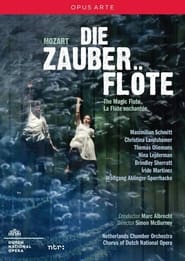 Since its premiere in a tiny...
Since its premiere in a tiny...Mozart: The Magic Flute 2015
Since it's premiere in a tiny suburban theatre in Vienna, Die Zauberflote has delighted audiences young and old for over 200 years. Mozart's Singspiel seamlessly alternates seriousness and jollity, and combines philosophical ideas with a fairytale world of wondrous animals and magical musical instruments. Emanuel Schikaneder's original production was theatrically inventive, and this new interpretation from director Simon McBurney emulates that in fresh and current terms. Fusing music, technology and stagecraft, this exciting production gives Die Zauberflote a refreshing new treatment that is both thrilling and simple in it's approach. Following an overwhelming success on stage, McBurney's unique production received five-star reviews in the Dutch press: 'a feast for the eyes and the ears' (Het Parool) and 'Delicious!' (Trouw).
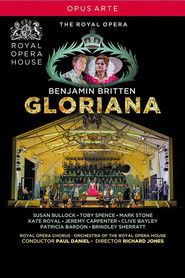 Benjamin Brittens opera Gloriana was written...
Benjamin Brittens opera Gloriana was written...Britten: Gloriana 2013
Benjamin Britten’s opera Gloriana was written in 1953 for celebrations around the Coronation of Her Majesty Queen Elizabeth II, to whom the opera is dedicated. It had its first performance at the Royal Opera House on 8 June 1953, in the presence of The Queen then just 6 days into her reign. The centenary in 2013 of Britten’s birth prompted this new Royal Opera production, in which director Richard Jones uses the setting of a celebratory pageant in 1953 to explore the work’s alternating splendour and intimacy. This theatrical, inventive and colourful staging has at its core the symbolic reflections between the Tudor Elizabethan and the New Elizabethan ages that characterize the opera. The juxtaposition of the modern and the archaic in William Plomer’s libretto is wonderfully amplified in music that artfully fuses the sounds and manners of Tudor England – from lute songs to courtly dances – with Britten’s own distinctive style.
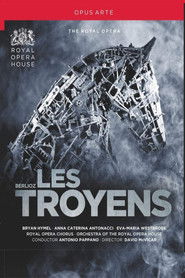 After the destruction of Troy the...
After the destruction of Troy the...Les Troyens 2012
After the destruction of Troy, the Trojan warrior Énée sets out on a journey to found a new dynasty. He meets Didon, Queen of Carthage, and falls in love. But will Énée's love for Didon prove stronger than his sense of duty? LES TROYENS ('The Trojans') is a tour de force of music that ranges from fiery military marches to intense choruses, passionate soliloquies – such as those of the prophetess Cassandre – and the lyrical love duets of Didon and Énée. It is Hector Berlioz's largest work and he wrote the libretto himself, drawing upon his intimate knowledge of Virgil's Aeneid. To the composer's disappointment, LES TROYENS was only performed once in full during his lifetime and was often presented in shortened form during the 20th century. The Royal Opera's production provides a rare chance to see this epic work in its entirety. David McVicar's staging is on an enormous scale, assembling one of the largest casts ever seen at Covent Garden.
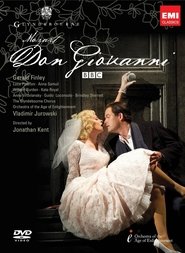 Mozarts second collaboration with the mercurial...
Mozarts second collaboration with the mercurial...Mozart's Don Giovanni - Glyndebourne Festival 2010 2010
Mozart's second collaboration with the mercurial librettist Lorenzo da Ponte is among the very blackest of black comedies. Glyndebourne welcomes back the winning team of director Jonathan Kent and designer Paul Brown, while the music is conducted by Vladimir Jurowski. In the title role, the bass-baritone Gerald Finley, joined by Luca Pisaroni, Kate Royal and the young Russian soprano Anna Samuil.
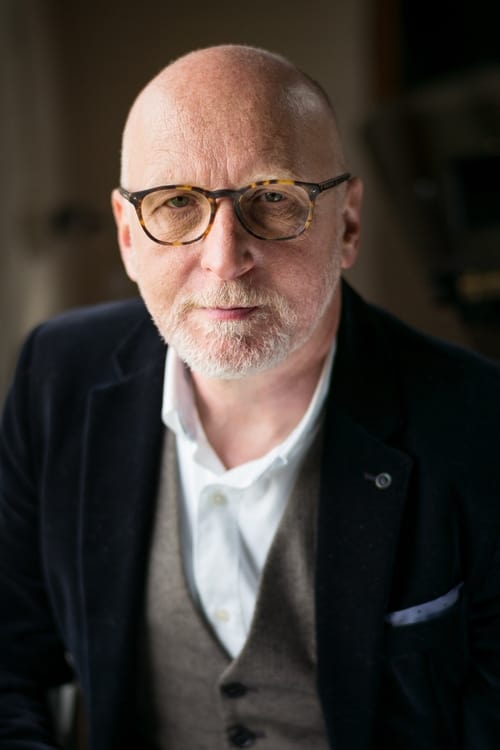
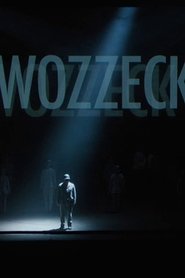
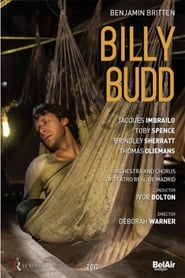
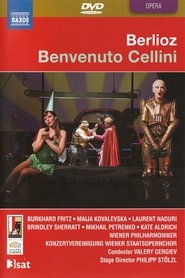 Live performance from Salzburg Festival Opera...
Live performance from Salzburg Festival Opera...